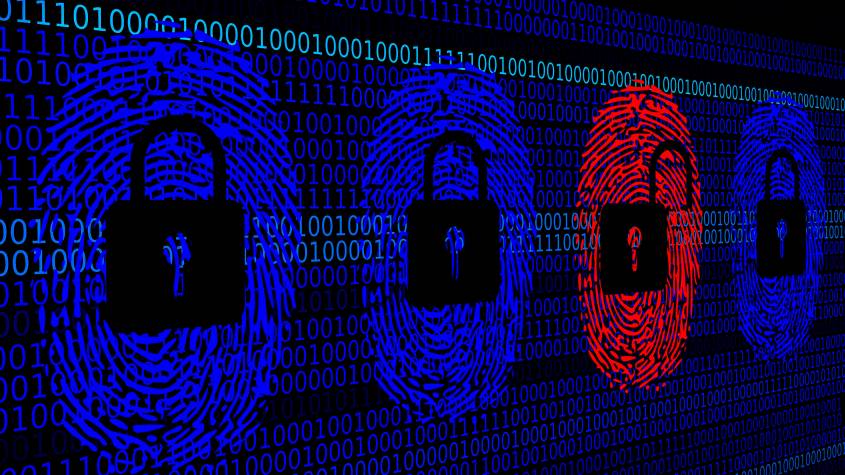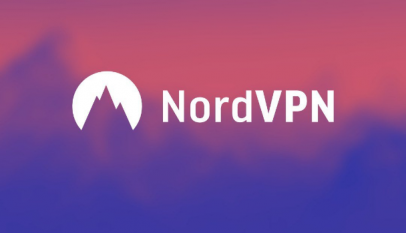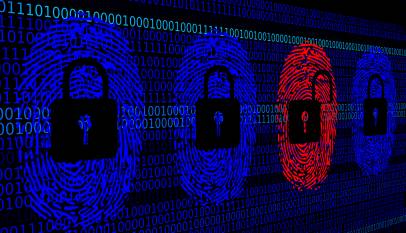
What does a VPN hide
It is easy to buy and install a VPN, so you’ve got no excuse.
Do you have a computer or a smartphone? Do you connect to the internet on it? If your answer is YES, you should use a virtual private network or VPN.
What does a VPN hide?
On Wi-Fi networks, unfair individuals can try to intercept your information. That may seem paranoid, but there are real threats out there, and they’re only becoming worse. Whenever you connect to the internet, your internet service provider (ISP) has access to everything you send and has been given the green light from Congress to sell your anonymized information to advertisers, too. Out on the wide-open internet, advertisers and spies can track your movements between websites and discern your location by peeking at your IP address. It’s scary out there.
Let’s start
The internet was created for easy information exchange. Nobody thought that time about user privacy, anonymization, or encrypted communication. Later HTTPS emerged. And now it is protecting your information, but it doesn’t guard against ISP snooping or local network attacks. When does it take place? It may happen if you ever use a connection that isn’t yours, such as one at a hotel or a coffee shop.
Maybe in future, more private internet will be created, using a VPN is the easiest way to make sure that you’re sharing as little information as possible. So, what does a VPN hide?
What VPN can and can not?
VPN is not omnipotent, so let’s understand the limitations of a VPN.
When you switch on a VPN, your traffic is routed through an encrypted tunnel to a server operated by the VPN company. That means that your ISP and anything (or anyone) connected to your router won’t be able to see your web traffic. From the VPN server, your traffic exits onto the public internet. Unless you’re headed to a site that uses HTTPS, your traffic is no longer encrypted.
Because your traffic appears to come from the VPN’s server, your actual IP address is effectively hidden. That’s important because IP addresses are distributed geographically and can be used to find your rough location. If someone checks your IP address, they’ll see the IP address of the VPN server. This can come in handy if you want to spoof your location.
Additionally, websites can track your movements through cookies, browser fingerprinting, online trackers, and other tricky tools. Using an ad-blocker helps suppress these ever-watchful nasties and can make it much harder for advertisers to follow your movements across the web.
Finally, just because you have a VPN doesn’t mean you can forget about the security basics. We recommend standalone antivirus software for your computer because these tools are designed specifically to protect your computer from malicious software.
You should also use a password manager because recycled passwords are a major point of failure.
What does a VPN hide? Which VPN is the best?
When we review VPNs, there are a few key metrics we look for.
- One is that the VPN service should allow you to connect at least five devices at a time.
The best services now easily surpass this requirement.
- Another is whether or not the VPN service allows BitTorrent traffic on their servers.
Nearly all do, but you don’t want to run afoul of the company to which you’re paying a monthly fee.
Expenses
What does a VPN hide? Speaking of fees, the average cost of a top-rated VPN service is $10 per month. A VPN service that is charging more per month isn’t necessarily ripping you off, but it should offer something significant, such as a great interface or lots of server locations to sweeten the deal.
Terms of using
Read terms of VPN-service before you start using it. This document outlines what information the VPN collects and how it uses that information. Most services claim that they don’t log traffic, which is important. Others say that they don’t monitor user activity at all. This is valuable because a VPN has access to all the information you’re trying to protect from others.
The best terms of service make all these issues clear, while the worst are opaque on the details and written in legalese
Also please notice, where a VPN company is based. Remember that this isn’t always the physical location of the business, but a legal distinction that outlines what jurisdiction the company operates under. Some countries, such as Panama, are not beholden to data retention laws, which would require them to hold on to certain information that could be obtained by law enforcement. Other countries, such as the UK, have more intrusive laws.
Mid conclusion
The most important thing about a VPN is trust.
If the location, pricing, or terms of service don’t fill you with confidence, try another service.
First steps with VPN. What does a VPN hide?
Ok, you have chosen a VPN-service. Now all you need to do is to download the company’s application. There’s usually a downloads page for this on the VPN service’s website.
- NordVPN
- Speedify
- VPN.Express
Go ahead and download the apps for your mobile devices as well; you’ll want to protect as many of your devices as you can. Generally, you pay one subscription fee for a certain number of licenses (usually five) and then you can use the service on any device for which it provides apps.
- Consider finding another VPN service if it doesn’t offer an app for the devices you use
Second step. What does a VPN hide?
Once you’ve installed the apps, you’re prompted to enter your login information. In most cases, this is the username and password you created when you signed up for the service. (Don’t forget about password manager!!!)
Once you’re logged in, your VPN app usually connects to the VPN server closest to your current location. That’s done to provide better speeds when using the VPN, as performance degrades the farther the VPN server is from your actual location.
Congratulations! Your information is now being securely tunneled to the VPN server.
Note that you do not have to install the VPN company’s app. Instead, you can configure your device’s network settings to connect directly to the VPN service. If you’re concerned about the potential for surveillance within app ecosystems, this might be a good option for you. Most VPN services will have documentation on how to configure your device. Manual configuration means you’ll have to manually update the server information on your computer, which is annoying. You also won’t be able to access any of the other features provided by the VPN service, which you’re already paying for.
Choosing a VPN Server. What does a VPN hide?
Sometimes you might not want to be connected to the server the VPN app recommends. Perhaps you want to spoof your location, or you want to take advantage of some of the custom servers your VPN company has provided, or maybe the nearest server just doesn’t work well.
What does a VPN hide?
Many VPN companies include an interactive map as part of their app. NordVPN, for example, lets you click on countries to connect to those servers. It’s a useful way to understand where your information is going, but there’s probably a list of servers you can select from.
Choosing a server depends entirely on what you want to accomplish.
- For better speeds, you should choose a nearby server
- To bypass government censorship, choose a server in a country different from your own. Some VPNs include options to automate this process
- To access region-locked content, you’ll want a server that’s local to content you want to watch. If you’re trying to watch the BBC, you’ll want to tunnel to the UK
///////////////////////////
- It’s also a good idea to check and see whether your VPN service allows BitTorrent traffic on any server or just specific ones.
What does a VPN hide? NordVPN clearly marks the servers cleared for torrenting, and others do the same.
Advanced VPN Settings
The set of features in each VPN varies from service to service, so we can only generalize about what you may see when you open the Settings pane. But we encourage you to read through the documentation and try clicking some buttons. The best way to learn how to use a tool is to try, after all.
Most VPN services include some kind of Kill-Switch feature, which prevents your computer from transmitting or receiving information if the VPN becomes disconnected. It’s useful for preventing little bits of data sneaking through unencrypted.
Most services offer an option to select a VPN protocol. This can be intimidating, since they have weird names and companies rarely provide information about what these are, and what changing the protocol will do. In general, this is something you can leave alone.
How often should you use a VPN?
You’d better use a VPN as often as possible and, ideally, always, if you are interested in the best security. You always have the ability to disconnect if it’s causing a problem.
At minimum, you should use a VPN whenever you’re using a network that’s not one you control, and especially if it’s a public Wi-Fi network.
If you want to know, which VPN service is the best, click HERE!
Summary
Will you use VPN? | % |
|---|---|














